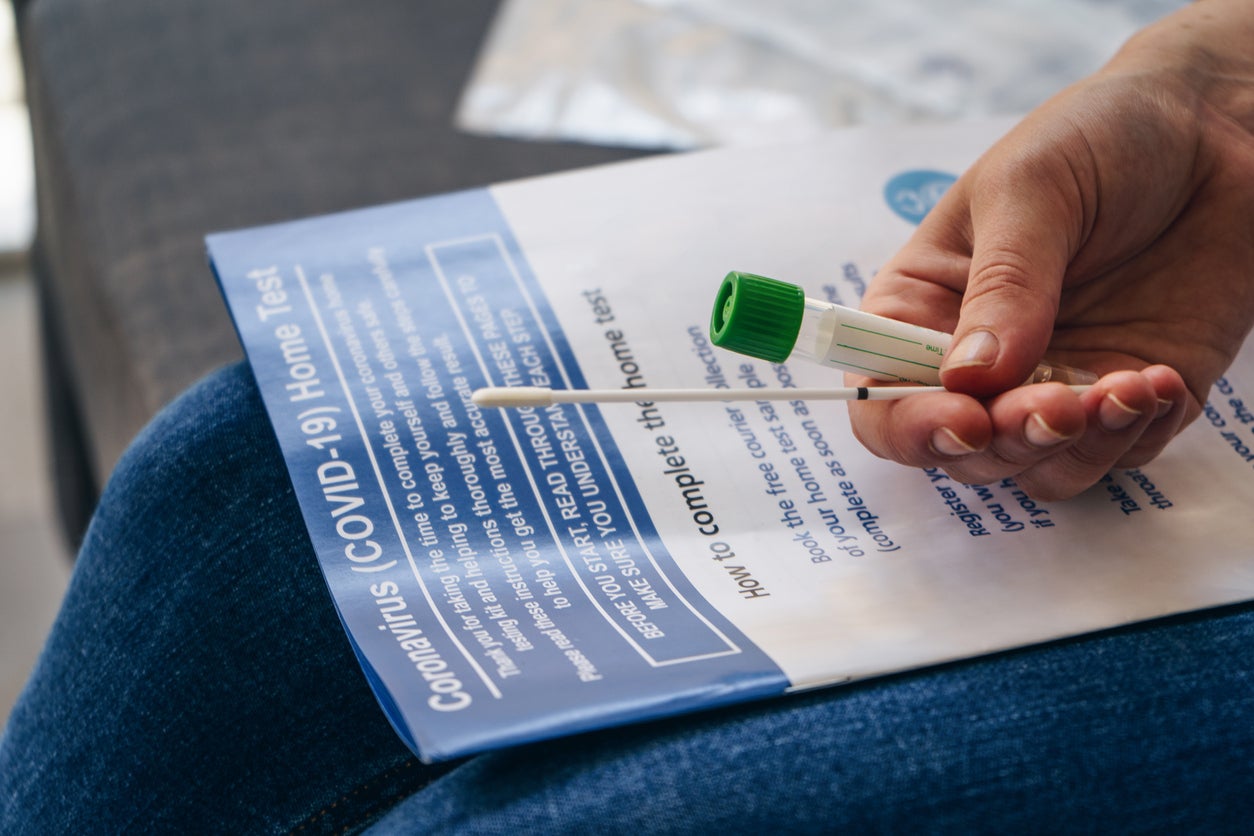Your support helps us to tell the story
From reproductive rights to climate change to Big Tech, The Independent is on the ground when the story is developing. Whether it's investigating the financials of Elon Musk's pro-Trump PAC or producing our latest documentary, 'The A Word', which shines a light on the American women fighting for reproductive rights, we know how important it is to parse out the facts from the messaging.
At such a critical moment in US history, we need reporters on the ground. Your donation allows us to keep sending journalists to speak to both sides of the story.
The Independent is trusted by Americans across the entire political spectrum. And unlike many other quality news outlets, we choose not to lock Americans out of our reporting and analysis with paywalls. We believe quality journalism should be available to everyone, paid for by those who can afford it.
Your support makes all the difference.A decision on replacing the current 14-day quarantine system for arrivals from most countries with coronavirus testing at airports is now unlikely to come before November.
Transport secretary Grant Schapps said in early July that some form of testing was being considered, while last month he said the concept was under “active review”, but gave no concrete dates as to when it might be implemented.
After hinting that a change is on the way at the Conservative Party Conference on Monday, the transport secretary had been expected to give an outline of a new test-and-quarantine system with health secretary Matt Hancock this week.
But now it seems the decision may be delayed until November at the earliest, with Mr Schapps and Mr Hancock instead expected to announce the formation of a new taskforce.
Part of the taskforce’s remit will be to look at the different testing options available to reduce the 14-day quarantine period, the Guardian reported.
However, the taskforce is not expected to come back with its findings until the middle of November, which means no decisions on airport testing will take place before then.
A spokesperson for the Department for Transport told the paper that there were no delays to the decision but that “work is ongoing with clinicians and health experts on the practicalities of using testing to reduce the self-isolation period for international arrivals.”
At the moment, UK residents and international visitors arriving into the country from any destination that’s not on the government’s travel corridors list must self-isolate for 14 days.
The number of quarantine-free destinations has fallen almost every week since the list was first introduced.
Many in the travel industry had hoped a testing system would reduce the quarantine period and help boost consumer confidence at the same time. It could also kickstart long haul travel, and open up flights to trading partners such as the US.
It comes as a new digital health pass is being trialled by the World Economic Forum and The Commons Project, a Swiss non-profit foundation.
The aim of CommonPass is to enable safer, smoother travel, allowing travellers to securely carry their Covid-19 test result in a standardised format that is instantly recognisable to border officials at the country they’re entering.
The CommonPass Framework, meanwhile, gives countries greater transparency and control when it comes to assessing the health status of arrivals.
At present, travellers’ Covid-19 PCR test results are frequently printed out, with the results often obtained from unknown or uncertified labs, and written in a foreign language that border agents can’t understand.




Join our commenting forum
Join thought-provoking conversations, follow other Independent readers and see their replies
Comments